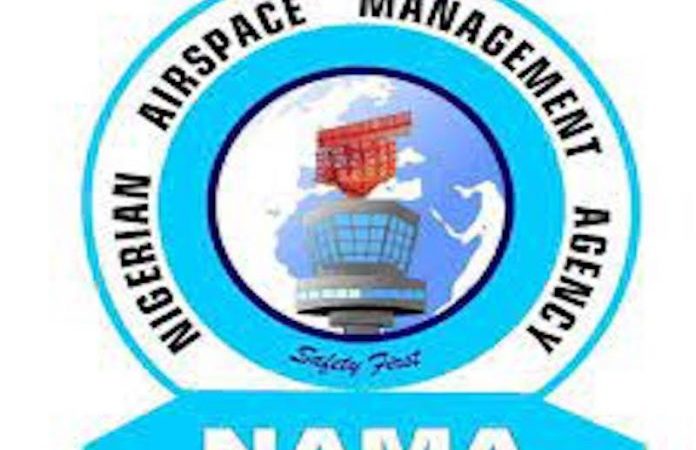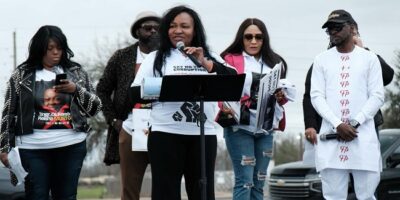How Federal Airports Authority, NAMA Rip Off Airlines At Sunset Airports

With the cost of operation hitting the roof and many domestic airlines facing liquidation, it has emerged the airlines are being ripped off by regulators via landing charges.
Local operators who spoke to Flavision said the development has further heightened their fears of not being able to continue in business calling on the federal government to urgently intervene.
Nigerian airlines are charged by the Federal Airports Authority of Nigeria (FAAN) and the Nigerian Airspace Management Agency (NAMA) to be allowed to land at airports that have airfield lighting but are not designated for night services.
Beyond the charges by these agencies, airlines lose huge resources when they are forced to cancel flights or made to return to the airport of departure because these airports refuse to receive the airlines’ flight, which insiders say happen often.
Called daylight airports, these refer to airports that do not have landing facilities so airlines can only operate there in the night, but there are some of them, including the Akanu Ibiam International Airport, Enugu, the Margret Ekpo International Airport, Calabar and Benin Airport, where night facilities were installed, including airfield lighting but FAAN has not allowed flights to operate there in the night.
So whenever airlines scheduled to land at such airports after 6:30 pm FAAN and NAMA insist they pay charges for it.
Flavision learnt that there have been many occasions flights were forced to return to airport of departure because the airlines operating the flights did not pay the charges or there is disagreement between the airline and the personnel in charge of the airport.
Addressing aviation correspondents on Wednesday at the Murtala Muhammed International Airport (MMIA), Lagos, the Chairman of United Nigeria Airlines, Dr. Obiora Okonkwo, lamented that one of the major challenges of the daylight airport is that it forces airlines to limit their operations to those airports to 6:30 pm.
He said that in the struggle to meet the 6:30 timeline, sometimes it leads to flight cancellation if flights scheduled to those airports encounter any delay on ground or in the air in the course of the flight service.
He said that airlines lose huge resources besides the charges they pay to the agencies, adding that even the domestic runway at MMIA is for daylight operation so when flights are coming into Lagos after 6:30 pmthey land at the international runway, but they could encounter delays because it is the period when many international flights arrive the country.
Okonkwo also explained that when the aircraft lands at the international runway it would taxi for 15 minutes to the domestic terminal, MMA2 or the General Aviation Terminal (GAT) burning many gallons of aviation fuel.
He therefore called on the government to step up action to provide night landing facilities at these runways and also to designate the airports that have night landing facilities so that flights can land after 6:30 pm.
Commenting, the General Manager, Corporate Affairs, FAAN, told Flavision that the agency charges flat rate of N100, 000 per flight, which NAMA charges N50, 000 per hour after 6:30 pm. Which means if the aircraft would arrive by 9:30 pm, the airline would be made to pay NAMA N150, 000 and pay FAAN, N100, 000.
But Flavision gathered that sometimes the officers in charge could up the charges and threaten to close the airports and most often they would say they don’t have diesel in the generator.
Flights have been forced to make air return after they have made initial approach to land and when they do they reschedule the flight at huge cost to the airlines and inconvenience to the passengers.
Recently the Managing Director of FAAN, Captain Rabiu Yadudu explained that litigation forestalled the installation of airfield lighting at the domestic runway of Lagos airport, known as Runway 18L.
The airfield lighting contract was not given by FAAN. Remember, there was a time the lighting at airports were taken away from FAAN, but later returned to FAAN. We have spent the last few years trying to resolve the contract. There are issues with the contractor, but we are making efforts to address the challenge on the domestic runway. We are working with the ministry to ensure things are done rightly,
he said.
On why the airports that even have night landing facilities are closed by 6:30, the former Managing Director of NAMA, Captain Fola Akinkuotu explained that the major reasons include the fact that many of the airports use generators as source of electricity and there is inadequate manpower.
Akinkuotu noted that if the airlines come together and decide that they would maintain traffic on those routes late in the night, it could be arranged and the airports would adjust their operating schedule.
A lot of these airports are run by generators. It would be a huge loss of resources if you keep operating them when there is no traffic and airlines are not coming in. So we have power and manpower issues. But if there is justified demand, adjustments can be made to accommodate that demand. The airline operators, NAMA and FAAN can meet and agree that flight time can be extended to the airports. This will have to involve all the airlines; not for one airline; so if there is a guarantee for traffic in those late hours for the airlines, the agencies can bring in the needed manpower,
he said.
Closing about 90 per cent of Nigerian airports by 6:30 pm in the night has led to the underutilisation of aircraft and loss of revenues that would have been earned from operating to some of these airports after dusk.
Secretary of Aviation Round Table (ART) and aviation security expert, Group Captain John Ojikutu had warned that during emergencies an aircraft might not have alternative airport to land in Nigeria in the night because most of the airports are closed.
That will be very tragic for the country,
he had said.

Justin Nwosu is the founder and publisher of Flavision. His core interest is in writing unbiased news about Nigeria in particular and Africa in general. He’s a strong adherent of investigative journalism, with a bent on exposing corruption, abuse of power and societal ills.













